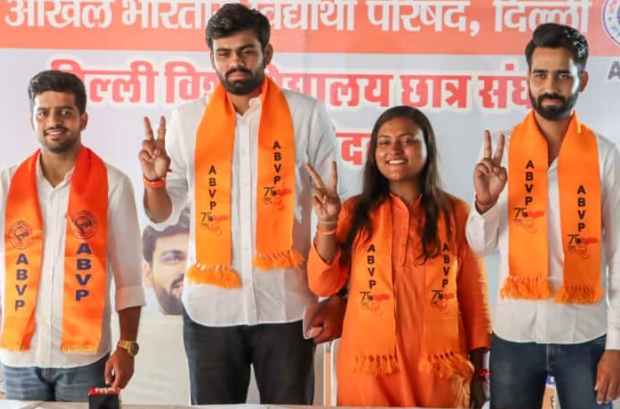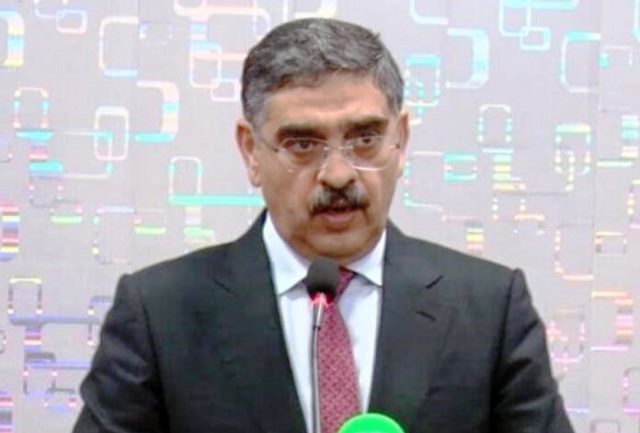Recent incidents of burning copies of the Holy Quran in Sweden and Denmark by the far right elements has forced the two Scandinavian countries, besides several others to introspect their stand on the freedom of expression and hate speeches and crimes.
Reportedly the Swedish government is concerned about national security following several incidents involving the burning of the Holy Quran that have provoked demonstrations and outrage from Muslim-majority countries.
On 25th August, Denmark’s government said it would “criminalise” desecration of religious objects and moved a bill banning the burning of scriptures.
Denmark and Sweden are among the most secular and liberal countries in the world, and have long allowed trenchant public criticism of religions. Politicians across Denmark ‘s political spectrum said an outright ban would compromise citizens’ constitutionally inscribed right to freedom of expression as new laws could stop or at least restrict them.
While freedom of expression is a fundamental human right in liberal democracies, the right to express one’s opinion can become complex when expressing one’s views clashes with the religious and cultural beliefs of others and when this rhetoric veers into hate speech.
In many European countries, lawmakers and others are asking whether these religious book burnings should be seen as exercises of free expression or more as incitement based on religion. A few countries are already introducing new legislation to curb hate speech against religious communities, as per a report by Armin Langer, for The Conversation.
But here we also have to acknowledge the fact that such tendencies grew in Scandinavian countries, which have a far better societal edifice. This suffered cracks when a large number of migrants from various, mostly Muslim Arab and Asian countries, to these developed nations began. As a result of their old customary and religious belief and with little help from the government’s side, these migrant communities were not able to assimilate themselves properly into the mainstream of these countries and were seen as more of a problem, rather than an asset.
As per census figures the migrants in Sweden constitute about 1.8 to 4.4% of the population, in numbers these transform to 250,000 to 400,000 in a country of 9 million people. On the other hand, 5% of Denmark’s population consists of migrants or descendants of migrants.
Historically, since medieval times, because of the dominant role of Christianity in political and cultural life, blasphemy against Christian beliefs in European countries was severely punished.
Even now various European countries retain blasphemy laws, though the laws may not prevent present-day acts like dishonouring of religious texts.
Russia, introduced a federal law in 2013 criminalising public insults of religious beliefs. The German Penal Code of 1969 has forbidden the public slander of religions and worldviews.
Both, Austria and Switzerland have laws in this regard. In 2011, a person in Vienna was fined for calling the Prophet Muhammad (pbuh) a paedophile. This case later went up to the European Court of Human Rights, which supported the Viennese court’s decision. The court said that the person wasn’t trying to have a useful discussion but instead just wanted to show that Prophet Muhammad shouldn’t be respected.
Spain, also takes a strong stance against religious disrespect. Its penal code makes it a crime to publicly belittle religious beliefs, practices or ceremonies in a way that could hurt the feelings of followers of other religions.
Italy, punishes acts deemed to be disrespectful to religions. Its penal code has been used to punish actions that insult Christianity. For example, in 2017 authorities charged an artist for depicting Jesus with an erect penis.
Even in the U.S., there’s an on going debate about the boundaries of free speech. The First Amendment of the Constitution allows free speech, which some can interpret as the right to burn holy books.
If we analyse closely, based on our interpretation of societal mores and democratic principles, these acts of hatred against one particular religious community seems to be a part of a broader agenda of targeting Muslims by far-right groups across Europe and elsewhere, too.
Lawmakers, social scientists, academicians, politicians all are intent on getting a plausible definition of defining whether these acts of book burnings should be seen as exercises of free expression or more as an incitement based on religion.
On the other hand in India, a country which has seen a steady increase in cases of hate crimes and hate speeches over the past few years, the real intervention has come from the judiciary, not the political class.
In reality, if we really want to put an end to such fissiparous tendencies then we’ll have to change our focus. The cases of burning copies of the Holy Quran or religious books of other religions or the increasing rise in Islamophobia across the world, could be resolved with the help of the political class but we need to adopt a more humane and social approach to resolve the anti-religious acts through finalising a more clearer definition of free speech, hate speech and hate crimes. Only this would help in dealing with them in a more proactive manner rather than a reactive manner, as is evident by the Danish decision to review laws relating to free speech in Denmark.
A few countries are introducing new legislation to curb hate speech against religious communities. For example, in 2006 England got rid of the blasphemy law and introduced The Racial and Religious Hatred Act, which makes it an offense to stir up religious hatred. After repealing its blasphemy law in 2020, Ireland has been discussing the introduction of a hate speech law, which will criminalise any communication or behaviour that is likely to incite violence or hatred.
Sweden passed a hate speech law in 1970 protecting racial, ethnic, religious and sexual minorities. Swedish authorities pointed to this legislation when they took action against a Quran-burning incident that occurred in front of a mosque in June 2023.
(The writer is a Delhi-based senior political and international affairs commentator)
Read More: https://lokmarg.com/









